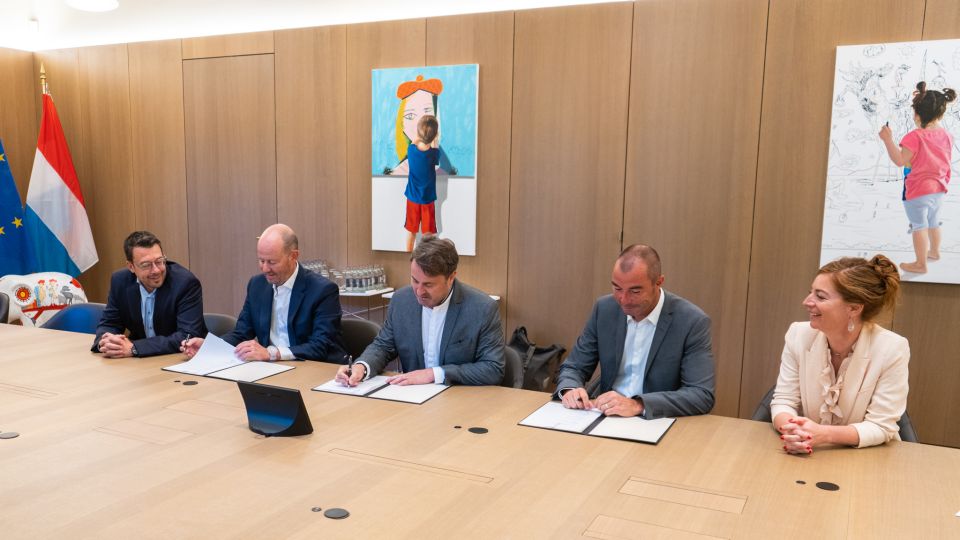NEWS - Empty promises, lies and dreams from RTL's convention (5)
A "monitoring commission" under the control of the minister

Photo: ©SMC
Who actually checks whether the concession agreement is being complied with? A look at the agreement shows that real control by CLT-UFA can be undermined.
„A commission de suivi de la Convention follows the good execution of the Convention relative à la mission de service public“ is stated at the beginning of the chapter on the additional state control body. This commission is made up of the government commissioner, currently Anne-Catherine Ries; a person representing parliament, currently Tom Weidig (ADR); and an unspecified number of people who would be designated by the Minister of Media Luc Frieden, or the delegated Minister of Media Elisabeth Margue. Who this is is not known - and none of these people may have a business connection to CLT-UFA.
This commission meets at least twice a year and prepares a report for the minister. If the commission identifies a problem, it reports it to the minister. Apart from one person from parliament, who is not allowed to communicate to the outside world what is discussed in the commission, the entire control lies with the ministry. It is unclear to what extent the media watchdog ALIA is allowed to check compliance with all parts of the convention or whether, for example, the budget control committee of the Chamber of Deputies has access to balance sheets and budgets. Although it is a „public service“, maximum non-transparency applies.
International Standards
In principle, the commission could really put RTL on the spot. The accounts could be examined in detail, RTL’s programs could be investigated and „actions implemented by CLT-UFA to guarantee the quality of programs“ could be evaluated. According to the agreement, the commission could even have studies carried out on the quality and training programs for journalists. The studies, as the contract emphasizes twice in a row, must comply with international standards - standards that, according to the contract, were not set for the quality of the program itself.
However, the audit that a consulting firm is to carry out of the CLT-UFA accounts should comply with international standards. KPMG doubts that these could be met in a provisional check in 2017. The chapter „Financial Transparency“ deals once again with the monitoring commission. It explains what documents the commission will ultimately receive in order to fulfill its task. CLT-UFA must (1) submit a provisional budget for its public service, and (2) a still unaudited statement of accounts for the completed financial year. The commission then submits this statement to a consulting firm, e.g. KPMG.
Create transparency?
Ultimately, it is up to the ministry alone to determine how effective the CLT-UFA’s control of its public service and its accounts is. Why the accounts of the public media contract are not public, why at least the commission’s reports to the ministry are not published, is unclear. In other countries (for example RTBF or D-Radio), financial transparency is the basis for strengthening trust in the media. The question is how long the Chamber, the media watchdog ALIA and other institutions in Luxembourg, as well as the EU Commission, which monitors compliance with competition law, will allow themselves to play this game.
The next part of the series on the current concession agreement will deal with the ”provisions for the „television“ component in the context of the public service. So far in the series:

















